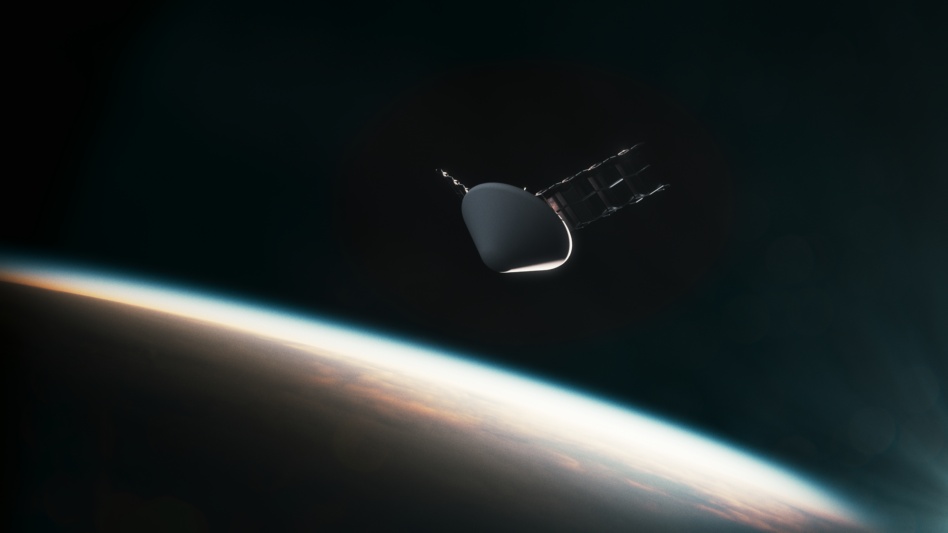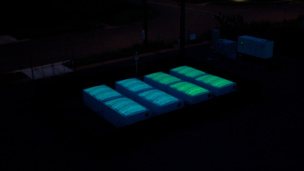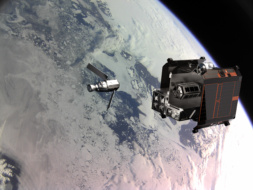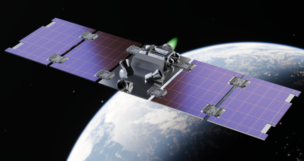The satellite bus goes up and down, up and down, up and down—at least, if Lux Aeterna has anything to do with it.
The Denver, CO-based startup emerged from stealth today with $4M in pre-seed funding to help it develop a fully reusable satellite bus that can fly a mission, re-enter Earth’s atmosphere, and fly again.
Space Capital led the round, which included participation from Dynamo Ventures, Mission One Capital, Alumni Ventures, Service Provider Capital, and deep tech angel investors.
Reduce, reuse: Lux Aeterna plans to launch its first demo mission in early 2027, in which its Delphi spacecraft will host a payload in orbit. When the mission is done, the satellite bus will fall back to Earth using a parachute. After refurbishment, it will be ready to fly again—if everything goes right.
Brian Taylor, the founder and CEO of Lux Aeterna, declined to detail the refurbishment process. He did, however, say that the goal is for nothing on the satellite to have to be replaced after every mission—and that the first production vehicle is designed to either fly 15 times or spend 15 cumulative years in orbit, whichever comes first.
Bottom line: While other companies are looking to drop the price of satellite buses by making them a productized, off-the-shelf purchase, Taylor said he was inspired to look at reusability thanks to his time as a SpaceX Starlink engineer.
“Even if you make a kajillion of something, you have to pay for material,” Taylor, who also worked on Amazon’s Project Kuiper, told Payload. “The only way to get below that number is reuse. So our goal is to be less expensive in the long run per mission, than the material costs of a single satellite that’s disposable.”
Customer base: Taylor said potential customers could include those who want to get the payload back (think in-space manufacturing) or those who want to conduct testing (such as a startup looking to build flight heritage, before debuting their next generation of payload).
The satellites will operate under a unique business model that allows companies to lease time on the bus in orbit.
The model could also ease the blow for companies that suffer failures in orbit—if a payload fails six months into a five-year mission, Lux Aeterna can bring down the bus, and the payload operator can stop paying its lease.




